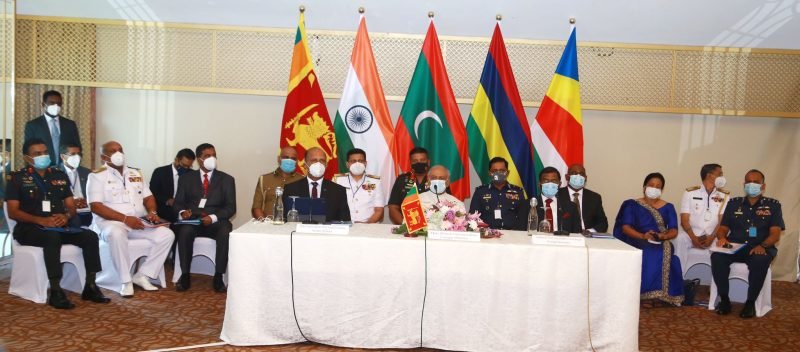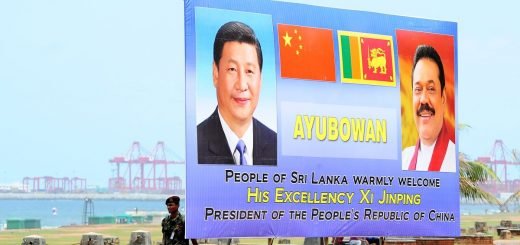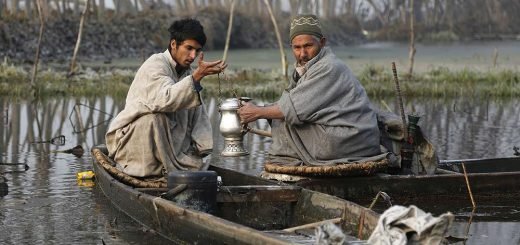The Colombo Trilateral Summit: What Does it Mean For India in Its Neighbourhood?

India’s National Security Advisor, Ajit Doval paid a visit to Colombo from 27-28 November 2020 in the midst of the trilateral Maritime Summit at a time when many are laying further focus on the maritime domain in the Indian Ocean Region where 55 % of global container traffic takes place in the Indian Ocean which is now being seen as a strategic chokepoint by many.
Looking at the current scenario, India has been widely appreciated for its welfare role under the Mission SAGAR for providing aid and medical equipment’s to the Maldives in May and June through the distribution of essential goods such as masks, PPE kits. Main themes which were prioritised during this recent meeting, were counterterrorism, disaster management and cultural revival in context to the Buddhist linkages between India and Sri Lanka, piracy and respect for international law.
The three countries could collaborate on the SAARC Covid Fund and make enormous contributions towards the same so that there is joint research on medicinal growth, vaccine development, sharing of intelligence and information. India was committed to supporting the Maldives in its development and economic recovery through the provision of a financial package, amounting to USD $400 million and a Line Of credit of about USD$ 800 million. Infrastructure is also an essential determinant in the relations between the three where projects such as the creation of an air bubble, further progress of the Greater Male Connectivity Project, starting off a ferry project last year to make travelling and free movement of goods easier.
Abhinanjan Rej, an expert from New Delhi-based Observer Research Foundation, opined in a recent article about the countries highly showing loyalty towards China with respect to Gotbaya Rajapaksa’s China stand regards to investments and projects, free trade agreements. Also, Mahinda Rajapaksa in 2015 was against any US or India role with respect to Chinese involvement in the region and further blamed the intelligence units for starting an anti- China propaganda leading weakening ties between India and Sri Lanka even though India showed commitment towards infrastructure development in the East Colombo Port Terminal and Trincomalee.
These smaller countries slowly are not taking Chinese investments lightly due to which the two South Asian island countries are keeping their option open with regards to an India First approach and being unclear with respect to which side to actually choose. Suspicions could be erased if there is mutual trust, increased cooperation in the maritime domain and balanced equilibrium in terms of strength, capacity among various countries with no party trying to create insecurity in the region which is being seen as one of the main reasons behind unfruitful debates and conflict of interest in the SAARC.
India, it seems needs to further assert itself and attract its neighbours, which could be under a threat of not being able to pay up the loans and further having a distorted viewpoint about India’s welfare initiatives and as far as the Neighbourhood First Policy goes, the neighbours are required to perceive India as a trustful hegemon rather than look at the latter’s rise in a sceptical manner under another aspiring superpower’s preference.


















